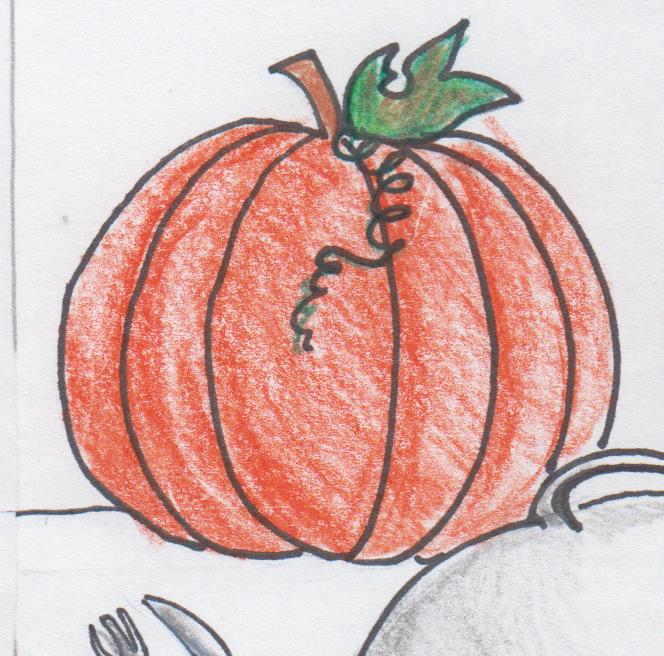Indigenous People’s Day
November 17, 2016
In 1492, Columbus sailed the ocean blue. This mnemonic device, which is a well-known childhood phrase, encourages Americans to remember a man who has forever stirred the waters of American history in both positive and negative ways. Columbus Day was initially established as a national holiday by President Franklin D. Roosevelt in 1937, after the Knights of Columbus, a Catholic fraternal benefits organization, lobbied for his recognition. Since then, Columbus Day has been celebrated every October in remembrance of the Italian’s discoveries in the Americas. Because of controversy, though, in many Latin American nations, the anniversary of Columbus’ landing has traditionally been observed as the Dìa de la Raza “Day of the Race,” a celebration of Hispanic culture’s diverse roots. In 2002, Venezuela renamed the holiday Dìa de la Resistencia Indìgena, “Day of Indigenous Resistance.” Latin American nations have altered the cause for celebration, so why hasn’t the United States?
Discussion involving the controversy of Columbus Day began around 1977, when the International Conference on Discrimination against Indigenous Populations in the Americas was held to address a possible shift in what is celebrated. This opposition to Columbus Day was accompanied by anti-immigrant groups in the U.S. rejecting the holiday due to its Catholic roots and association. Native American groups have protested the holiday and expressed that it indirectly supports European colonization and the overall oppression of indigenous peoples. As historians continued to analyze Christopher Columbus, evidence of his actions began to become more present in the media. Change did not formally reach action within the U.S. until 1992, when the city of Berkeley, California formally replaced Columbus Day with Indigenous Peoples Day. It was celebrated with a free pow-wow thrown by tribes native to the area to commemorate their culture and history. Since then many communities, and five states including Alaska, Hawaii, South Dakota, Vermont and Oregon have traded celebrations of Columbus for acknowledgment of the Native peoples that preceded him. Even the time period in which the controversy arose is contentious. Ashland High School’s AP U.S. History teacher, Paul Huard shared, “[It was] around the 500th anniversary of European first contact with the New World.” Fellow humanities teacher Nikki Thommen suggests that, “Columbus Day has always been controversial, it’s just whether or not the voices who were first really saying ‘this is not okay to celebrate this person’ were heard at all in the political consciousness.”
The push for Indigenous Peoples Day is a result of the belief that Columbus Day indirectly supports colonialism, oppression, and genocide of indigenous peoples. The exploitation that the natives experienced including enslavement by Columbus and his men, was for a long time overshadowed by his “discovery.” Columbus also served as Governor of Hispaniola, where he imposed barbaric forms of punishment such as torture. Implementing an Indigenous People’s Day would rally people to recognize and celebrate the suppressed history of indigenous resistance. Thommen explained that one of the benefits of adopting Indigenous People’s Day is that it would allow more people who have been ignored in the past to speak their truths as they see them. Raven Potts, a sophomore at Ashland High School, has heritage from the Pit River and Maidu Native American tribes. Potts feels that accepting their history as opposed to concealing it will help change the future for the better. She commented, “[We must] let indigenous people know that they are acknowledged and [that] their own history and culture is just as important as any white person in America.”
In many communities across the United States, Columbus Day has evolved into a celebration of Italian-American heritage. Local groups hold parades and colorful street fairs with music and Italian food. Huard explained, “If we were living on the East Coast, where there is a large Italian presence, Columbus is considered to be a very respected individual.” Huard feels that there should be room for both Columbus and Indigenous Peoples in discussion of the topic today. “All of them [Native Peoples and Columbus] are part of the story. I don’t want to see any of them erased.”

